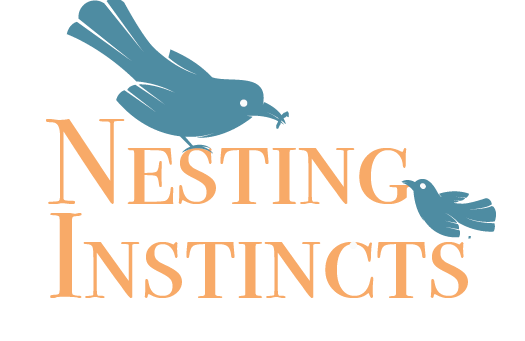I love this quote from Dr. James Grifo, M.D., Ph.D., program director at the New York University Langone Fertility Center, published this week in The New York Times:
Although “pregnancy is one of the riskiest states that most women experience in their lives,” Grifo stressed that the odds of a calamitous event are still low.
“The average age of my patient is 39, and obstetrically, they do quite well,” he told Harmanci. “Age is not a reason not to try if you want a baby.”
Here, here, Dr. Grifo!
A significant number of the women I serve in living rooms, birth centers, and hospital labor suites across the country are considered “geriatric primips.” And let me just say here, isn’t that a terrible label to pin on a woman? It erodes a woman’s self-image and confidence.
“When I first heard my doctor call me a ‘geriatric’ mom I was floored. I couldn’t get the thought of myself as a frail old lady to old to do this out of my head,” Mary, 39 when her first baby was born, told me. “But I’m not even middle aged yet.”
So let’s translate this intimidating medical label. Rather than geriatric, how about just refer to the Mary’s of the childbirth world as what they are: women having a first baby at or over the age of 35.
A growing number of my first birth clients are 40-plus. It’s a trend not just in my practice, but across the country. According to the National Centers for Disease Control and Prevention, the first birth rate for women aged 40–44 more than doubled from 1990 to 2012. So if you are in this age range and considering a baby, know that you are far from alone. It can be done.
Yes, pregnancy after 35, and more significantly after 40, carries higher risks than for younger mothers. It can be harder to get pregnant, stay pregnant, and move through labor in the upper 30s and 40s. Once you are viably pregnant the risk of high blood pressure, low birth weight, and chromosomal anomalies increase. The healthier the mom before pregnancy and throughout pregnancy, the lower the risks (generally). But the risks are there even for the healthiest mature moms. Don’t be dissuaded. Managed well, your pregnancy and birth can, and most likely will, go off without a hitch. Funny that the tips for a healthy pregnancy and birth are the same for all moms, no matter your age. Here’s the Mayo Clinic’s list:
Make a preconception appointment. Talk to your health care provider about your overall health and discuss lifestyle changes that might improve your chances for a healthy pregnancy and baby. Address any concerns you might have about fertility or pregnancy. Ask about how to boost the odds of conception — and options if you have trouble conceiving.
Seek regular prenatal care. Regular prenatal visits help your health care provider monitor your health and your baby's health. Mention any signs or symptoms that concern you.
Eat a healthy diet. During pregnancy, you'll need more folic acid, calcium, iron, vitamin D and other essential nutrients. Eat a low sugar, balanced diet with ample green veggies. Take a daily prenatal vitamin — ideally starting a few months before conception.
Gain weight wisely. Gaining the right amount of weight can support your baby's health. This “right” weight depends on your body. Work with your health care provider to determine what's right for you.
Stay active. Regular exercise will prevent discomfort, boost your energy level and help you prepare for labor by increasing your stamina and muscle strength. Get your health care provider's OK before starting or continuing an exercise program, especially if you have an underlying condition.
Avoid risky substances. Alcohol, tobacco and illegal drugs are off-limits during pregnancy. Clear any medications or supplements with your health care provider ahead of time.
Learn about prenatal testing for chromosomal abnormalities. Ask your doctor about prenatal cell-free DNA (cfDNA) screening, a method to screen for certain chromosomal abnormalities in a developing baby.
I do think its important to go into any pregnancy well-informed of the risks and the common experiences of other moms like you. Toward that end, I highly recommend reading Harmanci’s article The Truth About Pregnancy Over 40. While is has some alarmist areas, it’s offers personal perspective and some solid stats as well as a balance of views from experts.


